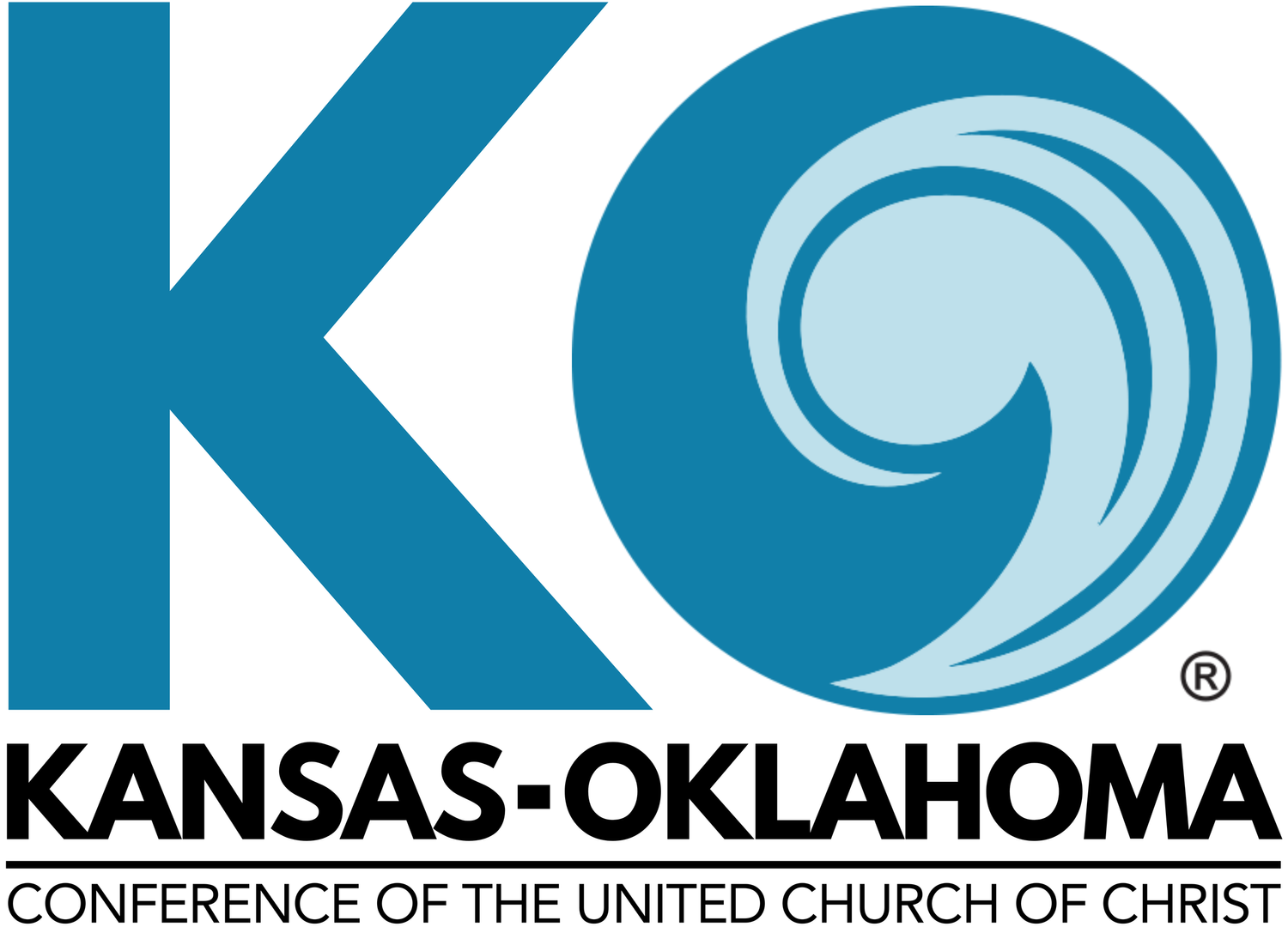At the Intersection of Faith and Justice
Bobbie Henderson
Conference President
The opportunity to serve in leadership with the K-O Conference allows me to honor and pay a debt of gratitude to those who raised me – my parents, extended family, and my Fellowship Church family. While I understand that I’m steeped in the unearned privilege of my whiteness, I also find myself reflecting on the value of an upbringing surrounded by people who in mid-20th Century disavowed race prejudice. My church was established by men and women who desired a faith community where all were accepted, and although at times they struggled to live out their higher ideals, the overarching spirit of openness and welcome prevailed and grew.
What I’ve realized in the intervening years is that while that band of post-WWII young adults desired to be inclusive, compared to today, they were relatively ignorant and naïve in ways to understand and articulate their support of racial equality.
Over the last few decades, our knowledge of the history of racism and its personal, institutional, and systemic consequences has greatly expanded our understanding of its insidious impact on all aspects of our public and private lives. We have learned how those in power, including the religious hierarchy, colluded to ensure the supremacy of advantaged white Europeans.
Today, as The Church – and as a church that clearly articulates Racial Justice as a priority – we have a duty, a holy duty, to explore all avenues that not only redress the wrongs, but deploy that which is right.
One of the ways we can deploy efforts to redress the wrongs is to inform ourselves about how the consequences of race discrimination has impacted our society, our communities, our institutions, and our personal relationships.
Multiple resources to expand and inspire our understanding of racial justice exist today. I suggest you read the works listed below or consider organizing a book study for your church’s members. Here are some suggestions:
How to be an Anti-Racist, Ibram X. Kendi
Between the World and Me, Ta-Nehisi Coates
White Fragility: Why It’s So Hard for White People to Talk About Racism, Robin Diangelo
The Warmth of Other Sons, Isabel Wilkerson
Caste: The Origins of Our Discontent, Isabel Wilkerson
In K-O, we have the advantage of a Consultant for Equity and Inclusion. Julia Gaughan is available as a resource to congregations. Please join Julia this Sunday, February 28th, 5pm. as she leads a discussion centered in racial justice with an exploration of the Green Siblings documentary, siblings who experienced high school during the desegregation at Little Rock Central High School, which was the epicenter of confrontation and a catalyst for change as the United States enforced African American civil rights following Brown v. Board of Education.
I don’t know about you, but I want to be an Anti-Racist. I want to be an instrument of healing and I want my church to be a place where every person, when they step into our worship space, says to themselves, “I am home.”

